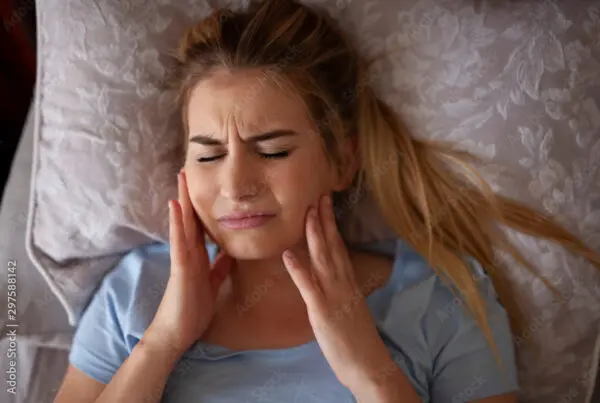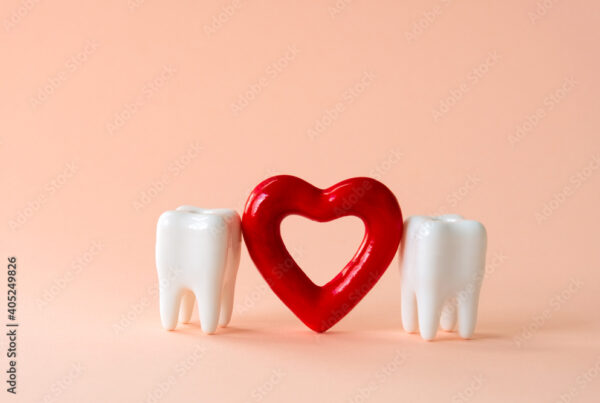Bruxism, or teeth grinding, is a common dental issue that can lead to significant problems. Here’s what you should know:
- Recognizing Bruxism: Symptoms of bruxism include teeth grinding or clenching during sleep or stressful situations.
- Causes of Bruxism: Stress, anxiety, sleep disorders, and misaligned teeth can contribute to bruxism.
- Effects on Teeth: Bruxism can wear down teeth, leading to tooth sensitivity, fractures, and flattened tooth surfaces.
- Jaw Pain: Bruxism can cause jaw pain, headaches, and even temporomandibular joint (TMJ) disorders.
- Mouthguards: Your dentist may recommend a custom-made mouthguard to protect your teeth from grinding during sleep.
- Stress Management: Identifying and managing stress can help reduce bruxism symptoms.
- Dental Treatments: Dental treatments like orthodontics or dental restorations may be necessary to correct teeth misalignment caused by bruxism.
If you suspect you have bruxism, consult your dentist for proper diagnosis and a tailored treatment plan.





